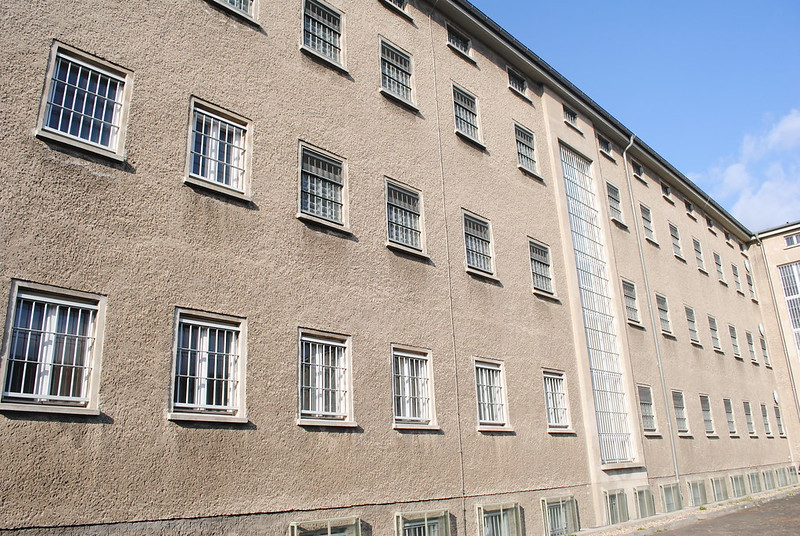Submitted by: Kathryn L. Modecki
Highlights
Adolescents’ behaviors are inextricably linked with their beliefs, attitudes, and experiences regarding justice and fairness.
────
Improving adolescents’ interpersonal experiences of injustice may help to reduce their antisocial decision making.
It is important to recognize how juvenile offenders understand their own anti-social actions to improve their physical and mental health and reduce recidivism. Adolescents’ views of the legal system, fairness in the world, and how they understand right from wrong are inter-related. We asked whether adolescents’ decision-making could be differentiated solely based on their prior conviction experiences, attitudes towards the legal system, justice and coping beliefs, and associated emotions.
“Youths’ experiences of inequity filter their expectations of the very institutions meant to ensure their own safety and wellbeing, including police, the legal system, and the “justness” of the world at large…Youth who belonged to historically marginalized populations had significantly lower odds of jointly endorsing positive legal attitudes, just world beliefs, and emotions.”
Methods
We surveyed 136 male adolescents convicted of a crime who were serving sentences at two secure juvenile facilities in the Northeast US. The written survey was administered by the research team in small groups in facility common areas (e.g. classrooms) with several research assistants available to answer questions and read surveys aloud as needed. We emphasized that participation in our research or the answers that they might give would not impact their legal status.
How Did A Community Psychology Perspective Inform Your Work?
Community Psychology seeks to provide a framework for describing and altering social settings to benefit youth. Adolescents actively engage with institutions and authority figures and build their own unique history of experiences.
A Community Psychology approach to understanding adolescent antisocial and illegal behavior places less emphasis on misbehavior. Instead, Community Psychologists recognize “acting out” as normal, given adolescents’ accumulated attitudes, beliefs, and encounters.
Results
- Youth differ in their experiences with the legal system.
- Youth who identified as ethnic/racial minorities were less likely to jointly hold positive views of the legal system, to believe that the legal system was fair, and to have feelings that motivated them towards more moral behavior.
- Youths’ attitudes, beliefs and emotions regarding the legal and justice system were tied to their delinquent behavior.
- Programs should seek to better understand youths’ legal experiences and how these may inform their beliefs about fairness and justice.
- Intervention efforts would benefit from considering whether youth might benefit from articulating their experiences and associated feelings of injustice within a “safe space”.
What Does This Mean For?
Research and Evaluation: Juvenile justice institutions should assess young people’s legal experiences and associated attitudes. Enhancing youths’ experiences of fairness and justice would be useful to both rehabilitate youth and improve institutional spaces.
Practice: Juvenile offending is not simply the outgrowth of “poor choices”. Rather, antisocial behavior may reflect adolescents’ views of unfairness and injustice within the legal system and the world at large. Seeking to better understand the legal and life experiences of youth detained with the US juvenile justice system is an important way forward to enhance youths’ behavioral outcomes.
Social Action: Race/ethnicity was the sole demographic feature that was jointly associated with less positive attitudes about the justice system and the fairness of the world at large. Institutionalized and everyday racism notwithstanding, we need to improve youths’ experience with justice and legal entities.
Original Citation: Modecki, K.L. (2020). Not Just Doing Time: Distinct Typologies of Attitudes and Emotions among Juvenile Justice‐Involved Youth. American Journal of Community Psychology. Doi.org/10.1002/ajcp.12465



